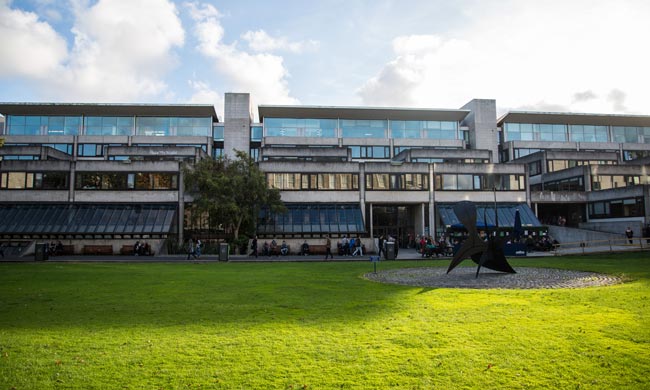Irish arts students don’t earn as much as other graduates after leaving college, a new study has found.
The study, as reported by the Irish Times, found that for up to five years following college, arts and humanities graduates earned less than their fellow graduates in other disciplines.
The study tracked arts graduates’ weekly earnings across various fields of study during the years 2010 and 2015. The draft findings of the study showed that arts graduates earned roughly €310 per week in their first year following college.
Three years following graduation, the same graduates were still bottom of the earnings league table, taking in €420 per week.
There was an improvement after five years however, when earnings rose to €525 per week. Although this was still less than other graduates, the gap significantly closed, as arts graduates saw their earnings climb higher than most other groups during this period. Over the five years, graduates’ weekly pay rose by as much as 70 per cent.
After five years, the highest earners were graduates of computer or information technology courses at €775 per week. Education graduates earned an average of €735 per week, while health and welfare graduates earned €705 per week.
The next lowest earning group to arts graduates were those who studied service-related courses, earning €550 per week after five years. Those who studied social sciences or journalism, as well as graduates of agriculture or veterinary related courses, earned €560 per week.
The full findings of the report are due to be published towards the end of January, according to a spokesperson for the Central Statistics Office (CSO).
A recent report by the Higher Education Authority, “What Do Graduates Do?”, based on the class of 2015, also found that arts and humanities graduates were the least well-paid, while ICT graduates were the highest earners. Findings from the same survey also observed that arts graduates were among the least likely to be in employment. However, they were among the most likely to be studying for a postgraduate qualification.
Several Irish universities have responded to the concerns of arts graduates by encouraging student engagement with employment opportunities through internships, independent research, and Erasmus programmes.
The Trinity Education Programme, College’s reimagining of the curriculum and how students are taught, hopes that future graduates will leave university with skills that will improve their chances for employment – such as doing internships. When the project is implemented, every student will be required to do a piece of independent research under the new curriculum in their final two years.
Trinity have only recently started compiling similar employment data for its graduates.







